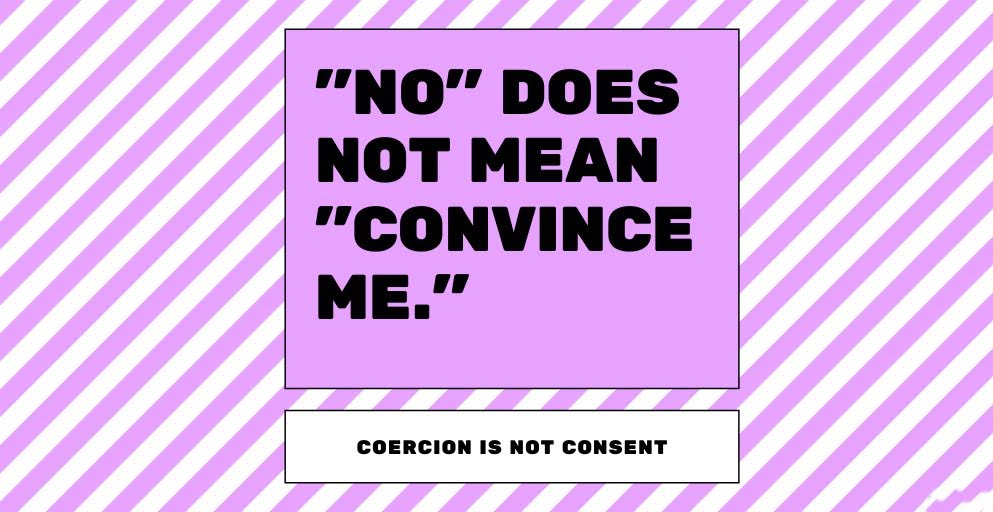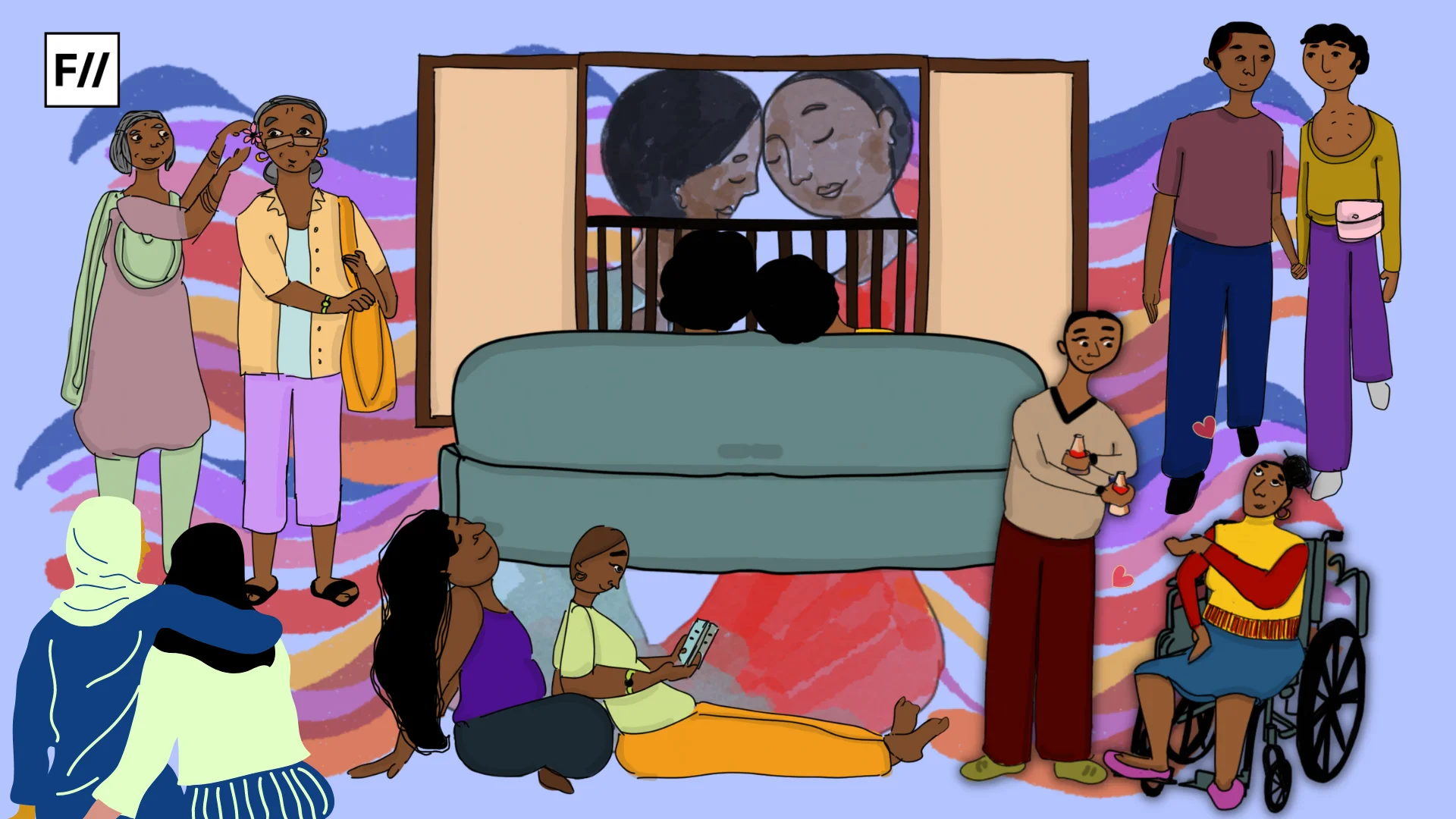TW: Sexual abuse, sexual coercion
There have been several recorded instances of how people do not realise until years later that they have been a survivor of sexual assault and abuse. The memory could be triggered by several factors, such as another person recounting a similar incident, by a place, food, object or anything that is connected or even not connected to the experience.
The article attempts to shed light on another term, called “sexual coercion”, which means when an attacker uses pressure, trick the victim using manipulation tactics and emotional force to get one to agree to sexual activity.
The MeToo movement launched a deep-delve into conversations on and around consent when it began in 2017 and in this context, the article attempts to shed light on another term, called “sexual coercion”, which means when an attacker uses pressure, trick the victim using manipulation tactics and emotional force to get one to agree to sexual activity. This happens for both men and women but numerically more women being coerced than men.
Also read: How To Spot Signs Of Emotional Abuse In Your Relationship
Four tactics used by attackers:
The psychologist Dr. E.A. Schatzel Murphy segregate the attacker’s tactics of sexual coercion as seductive tactics, manipulative tactics, intoxication tactics and physical tactics.
Seductive tactics: Sometimes, the attackers employ subtle acts of manipulation rather than explicit threats and use of physical force. They use acts such as touching, kissing and caressing to change a person’s mind about having sex. They also indulge in exhibitionism or exaggerate their physical appearance to somehow manipulate the person.
Manipulative Tactics: One of the most common ways perpetrators employ manipulative tactics are verbally. These include pouting, insults, making the person feel guilty or jealous, blackmailing and threatening to end the relationship. Mostly, narcissistic people are recorded as employing these manipulative tactics.
“If you really loved me, you’d do it.”
“You can’t just make someone stop.”
“Everything’s perfect. Why do you have to ruin it?”
“I’ll break up with you if you don’t have sex with me.”
“I’ll just tell everyone you did it anyway.”
“You know I have a lot of connections.”
“I haven’t decided yet who’s getting bonuses this year.”
“If you don’t do this, I will tell everyone you’re gay.”
Intoxication tactics: This is when the attacker uses alocohol or drugs to take advantage of the other person’s lack of sobriety and perform non-consensual sexual acts on them.
Physical tactics: This is what we would commonly know as physical sexual assault. According to a 2000 study by Zurbriggen, 11 percent of both men and women studied had used one or more force tactics such as ‘‘gripped someone tightly and given them an angry look when they were not giving me the sexual response I wanted’’ or ‘‘gotten a little drunk and forced the person that I’m with to have sex with me”.
Survivors of sexual coercion could suffer from anxiety, depression and PTSD at rates similar to those who have experienced sexual violence. Sadly, because this is not commonly talked about and because of the manipulation involved, many survivors for the longest while end up blaming themselves for all the trauma they go through.
- “I don’t want to have sex but he/she will be angry with me, so I will just go ahead with it.”
- “Why do I feel guilty having sex with him/her?”
- “I don’t want him/her to leave me so I will just having sex”

These are some of the common thoughts that cross the mind of someone who feels like they owe someone sex because of the verbal, non-verbal and/or physical manipulation tactics employed by a perpetrator.
Also read: A Study Of Patriarchy, Power & Abuse In Romantic Relationships In Indian Campuses
It is important to understand that sexual coercion is not your fault. The act of sex should not take place out of fear and especially not if you are made to feel like you owe someone sex.
However, it is important to understand that sexual coercion is not your fault. The act of sex should not take place out of fear and especially not if you are made to feel like you owe someone sex. It is okay to take a step back, distance yourself and analyse the relationship. Having said that, reports indicated that with the COVID-19 lockdown, domestic violence complaints had reached a 10-year high. Declining one’s partner’s attempts at sexual coercion could lead to a spike in physical assault and harassment, and for the same we can reach out to a number of domestic violence helplines.
Navin Bharath is a freelance photo and video-journalist actively covering culture and science. Born in Madurai, Tamil Nadu and brought up in Pondicherry, India, his hobbies are reading books, cooking, watching movies, street photography and animation. He can be found on Facebook, Instagram and on his website.
Featured Image Source: Twitter




